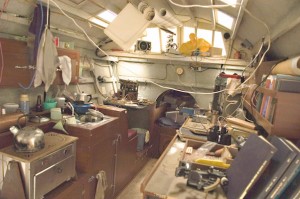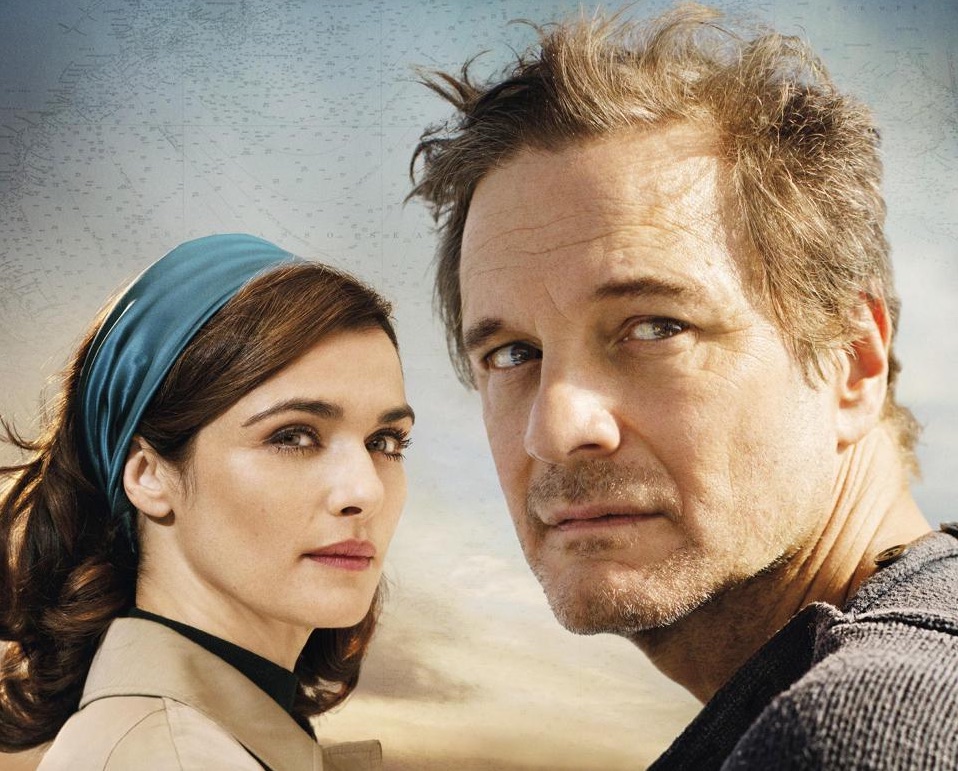Directed by James Marsh (1hr 52min 2018)
The film of Donald Crowhurst, The Mercy, starring Colin Firth and Rachel Weisz opens in UK cinemas today Friday February 9th and it’s good – classic sailors should go and see it.
It’s a sympathetic view of how Crowhurst came to be owned, both spiritually and physically, by his daring dream to sail around the world, alone in a small boat with many of his own design features – south of the great capes in the Sunday Times Golden Globe race. The year was 1968.
The film sets up the era well, with Crowhurst first introduced at the London Boat Show exhibiting his electronic Navicator – a radio direction finding device, with which he hoped to make his fortune. He enters the round the world race with little offshore sailing experience but with faith in the technology of electronics and in the design of his 41ft double-skinned plywood trimaran. Plus there’s a big carrot in the form of a £5,000 purse, and fame, to the winner. Colin Firth begins the role well, showing how Crowhurst’s self belief transferred itself to others and created the snowball of investment and deadlines that propelled him to the startline.
But it’s not long before several cracks in the strategy have started to appear; Crowhurst knows that neither he nor his boat are ready, but he’s staked his house on the venture and his main backer Stanley Best, played with ruthless vigour by Ken Stott, is not about to allow him to back out now.
As the story develops his wife Clare, played brilliantly by Rachel Weisz, appears as if on a tightrope, wobbling over her own misgivings while trying to be the publicly supportive wife. Meanwhile Rodney Hall, Crowhurst’s self-appointed PR (played with an utterly believable dose of shambolics by David Thewlis) arranges for the glare of the world’s media to beam down on Crowhurst’s increasingly unlikely shoulders.
And the film does show Crowhurst as a rabbit caught in the headlights, as he gets more entangled and carried along by the publicity of his own fast moving story.
The film was shot partly at Teignmouth, with scenes which historically replicated the original ill-fated departure, and with a replica Teignmouth Electron built by Downs Road Boatyard in Maldon (where other scenes were shot). But according to a Colin Firth interview coding requirements prevented shooting scenes offshore in any kind of real weather and the film is weak on its sailing scenes. In fact it somewhat loses its pace as soon as it goes to sea.
Caught between the proverbial rock and a hard place Crowhurst set sail on the last possible day to qualify in the Golden Globe. He knew that to sail round Cape Horn would be tantamount to suicide, but that turning back would mean financial ruin and derision.
Crowhurst famously deceived the world with false reports of his progress, while actually making it across the Atlantic in his leaky trimaran and spending a couple of days making repairs in the Salado River south of the entrance to the River Plate in Argentina. He also appeared to go crazy, with erratic and wildly philosophical log entries, but the film does not really give Firth enough time to develop this side of Crowhurst’s sad demise – which needs to be somewhere between being truly Faustian and just “keeping-up-with-the-Joneses”. It’s a very big role and hard to create the effect of Crowhurst’s dilemma and the sense of torture it must have given him on film. It’s interesting to note that the story is one of the most popular subjects at film schools but is rarely seen in theatres – though the Ghost River production looks like a great treatment of their telling of the story (trailer: HERE ).
Some of the producers’ sensitivities to the Crowhurst family in the making of the film may have compromised the necessary mad scenes and there is gossip that late editing might have altered director James Marsh’s vision. Apparently the director turned up for the opening night, did his duty on the red carpet and then took the tube home without watching “his” film Premiere with an audience.
Crowhurst’s last log entry on July 1 1969 was a confession ending in the words:
“It is finished
It is finished
IT IS THE MERCY.”
It’s a powerful enough conclusion to his story but the film shows him dropping his brass clock/barometer into the sea and so seems inconclusive about whether he committed suicide or not. The Teignmouth Electron was found on July 10 adrift with no sign of Crowhurst but with his log and note books in the chaos of his cabin. Later the boat was taken to Jamaica and sold several times before ending her days on the SW shores of Cayman Brac.
Of course the real hero of the Crowhurst story is his wife Clare who had to bring up their four children on her own, and fittingly Rachel Weisz is the most powerful actor in this film with a stellar performance that carries the narrative. A second often unsung hero is Sir Robin Knox-Johnston who gave Mrs Crowhurst his £5,000 winnings on hearing of Crowhurst’s loss.
An excellent Film Four documentary of Crowhurst’s story was released in 2006 called Deep Water. Another film called Crowhurst, directed by Simon Rumley with Justin Salinger playing Donald is due to screen in cinemas in March 2018.
[fusion_builder_container hundred_percent=”yes” overflow=”visible”][fusion_builder_row][fusion_builder_column type=”1_1″ background_position=”left top” background_color=”” border_size=”” border_color=”” border_style=”solid” spacing=”yes” background_image=”” background_repeat=”no-repeat” padding=”” margin_top=”0px” margin_bottom=”0px” class=”” id=”” animation_type=”” animation_speed=”0.3″ animation_direction=”left” hide_on_mobile=”no” center_content=”no” min_height=”none”]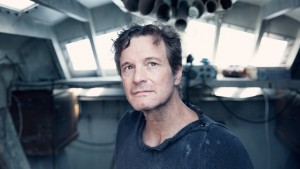
[/fusion_builder_column][fusion_builder_column type=”1_1″ background_position=”left top” background_color=”” border_size=”” border_color=”” border_style=”solid” spacing=”yes” background_image=”” background_repeat=”no-repeat” padding=”” margin_top=”0px” margin_bottom=”0px” class=”” id=”” animation_type=”” animation_speed=”0.3″ animation_direction=”left” hide_on_mobile=”no” center_content=”no” min_height=”none”]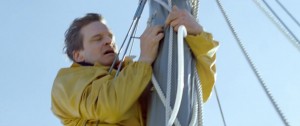
[/fusion_builder_column][fusion_builder_column type=”1_1″ background_position=”left top” background_color=”” border_size=”” border_color=”” border_style=”solid” spacing=”yes” background_image=”” background_repeat=”no-repeat” padding=”” margin_top=”0px” margin_bottom=”0px” class=”” id=”” animation_type=”” animation_speed=”0.3″ animation_direction=”left” hide_on_mobile=”no” center_content=”no” min_height=”none”]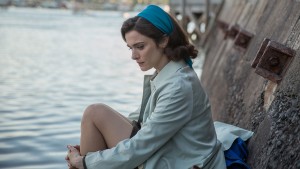
[/fusion_builder_column][fusion_builder_column type=”1_1″ background_position=”left top” background_color=”” border_size=”” border_color=”” border_style=”solid” spacing=”yes” background_image=”” background_repeat=”no-repeat” padding=”” margin_top=”0px” margin_bottom=”0px” class=”” id=”” animation_type=”” animation_speed=”0.3″ animation_direction=”left” hide_on_mobile=”no” center_content=”no” min_height=”none”]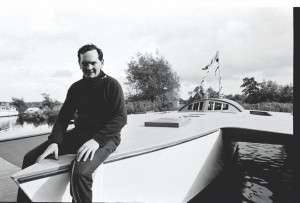
[/fusion_builder_column][fusion_builder_column type=”1_1″ background_position=”left top” background_color=”” border_size=”” border_color=”” border_style=”solid” spacing=”yes” background_image=”” background_repeat=”no-repeat” padding=”” margin_top=”0px” margin_bottom=”0px” class=”” id=”” animation_type=”” animation_speed=”0.3″ animation_direction=”left” hide_on_mobile=”no” center_content=”no” min_height=”none”]